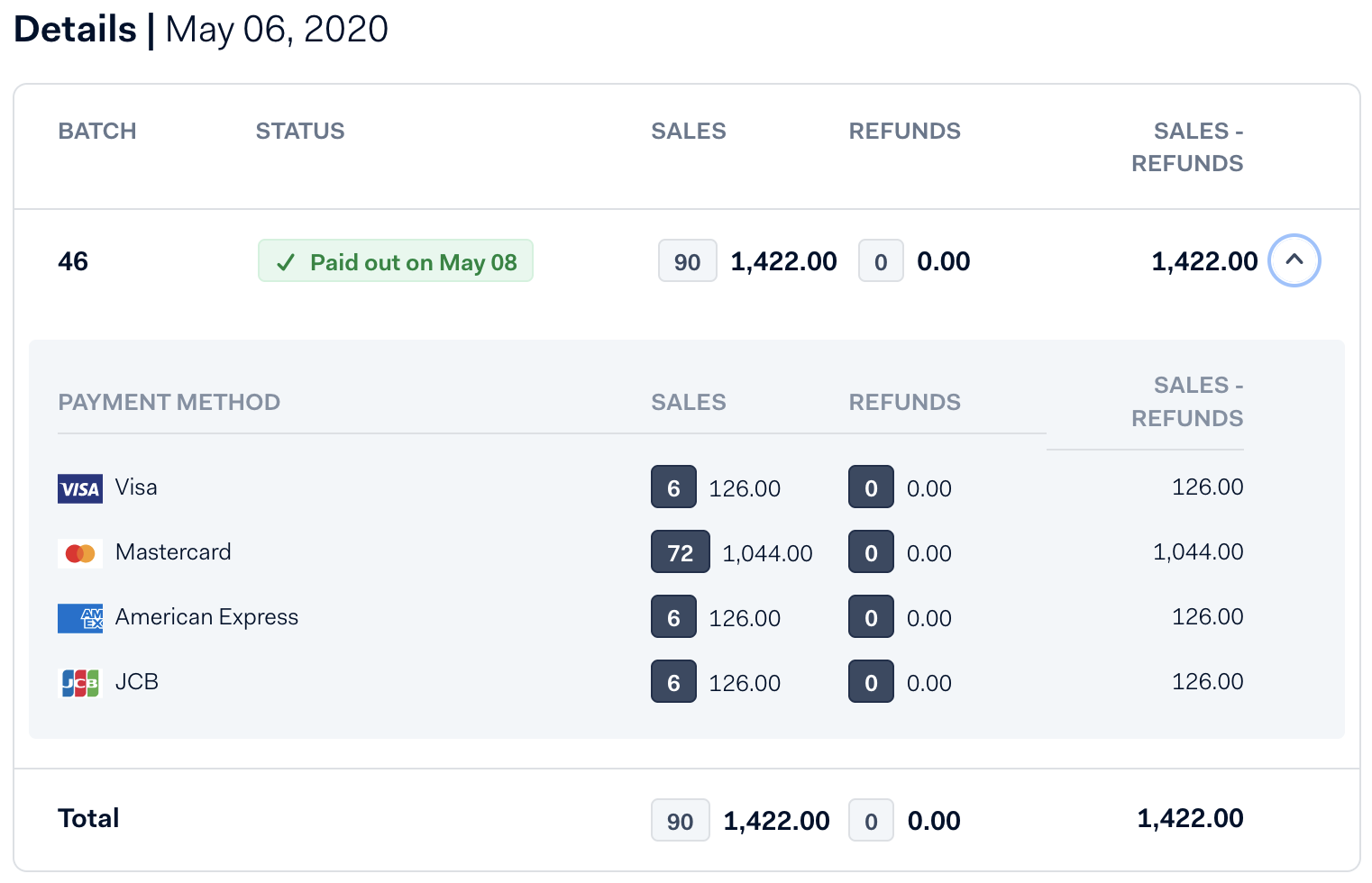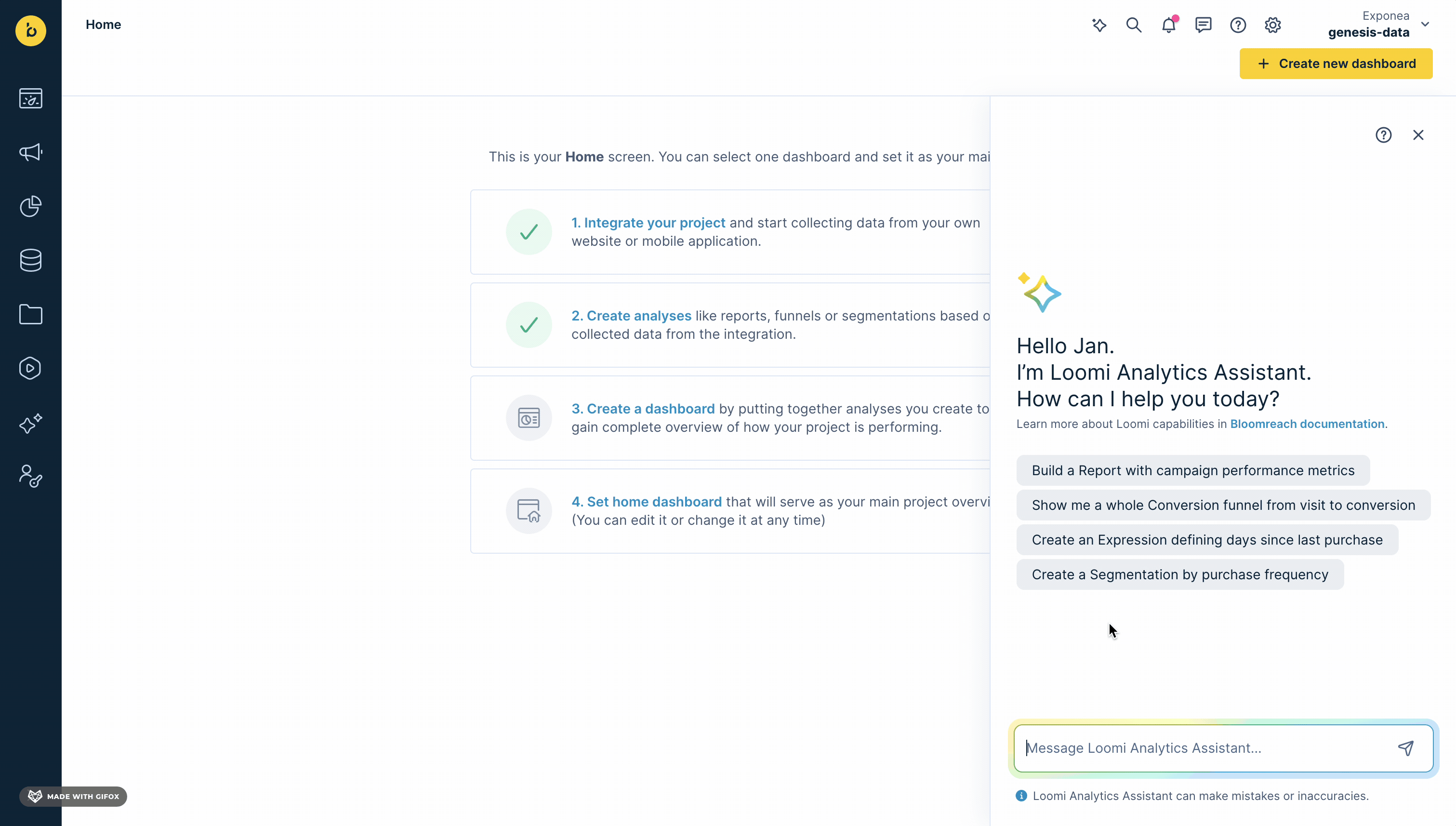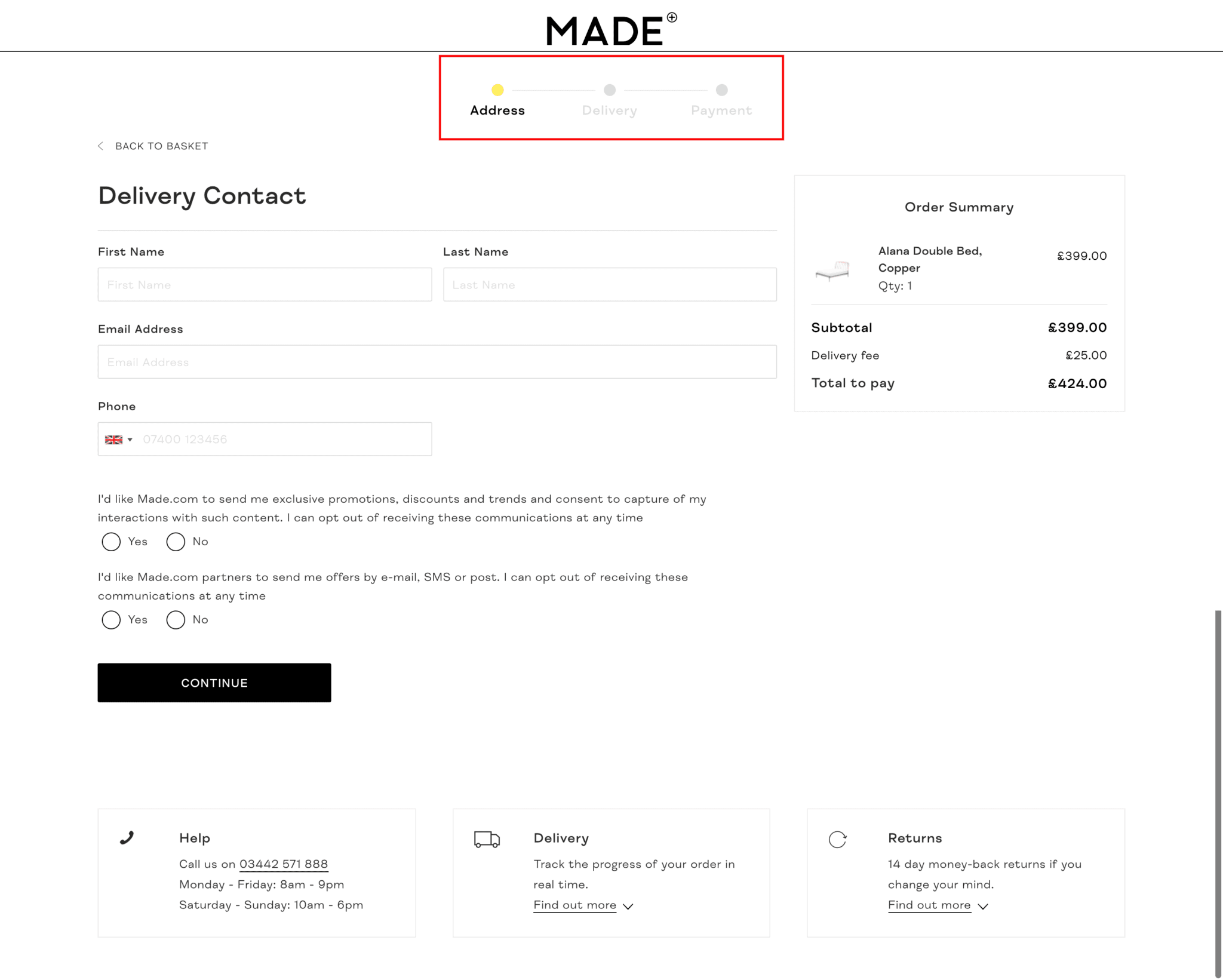Alternatives to BigCommerce
1. Adyen Uplift
+Pros
- Comprehensive Integration Approach distinguishes Adyen Uplift through simultaneous optimization of conversion rates, fraud prevention, and processing costs within a single platform.
- Proven Enterprise Performance demonstrates consistent results across 60+ enterprise implementations, with documented outcomes including 10% higher conversion rates (NordSecurity) and 2% conversion increases with cost reductions (On).
- Unique Data Advantages through access to over $1 trillion in processed payment data and 1+ billion consumer transaction profiles provide AI training capabilities that independent vendors cannot replicate.
- Operational Efficiency Gains through 86% reduction in manual fraud rules provide substantial workforce benefits beyond conversion improvements.
-Cons
- Platform Dependency represents the primary constraint, requiring existing Adyen payment processing relationships or complete payment infrastructure migration.
- Enterprise-Only Focus creates barriers for SMB retailers who may achieve reduced benefits compared to enterprise results.
- Limited Specialization in conversational AI or customer interaction capabilities means organizations seeking assisted shopping experiences require supplementary solutions.
- Implementation Complexity extends beyond typical payment optimization projects due to AI model training and comprehensive integration requirements.
One highlighted feature and why it's amazing
Forms the platform's core capability, utilizing machine learning models trained on over $1 trillion in payment data to optimize transaction success rates across multiple payment processors and geographic regions.

Another highlighted feature of why it’s amazing
Achieves over 90% accuracy in identifying returning customers across merchant networks, enabling personalized payment experiences without requiring customer login or registration.
2. Bloomreach Loomi AI
+Pros
- Commerce-specific AI expertise developed from 15+ years of ecommerce data collection.
- Comprehensive data integration across marketing, search, and content systems.
- Proven enterprise performance validated through Forrester's independent 251% ROI study.
- Technical sophistication including 33-language support and visual search capabilities.
-Cons
- Limited checkout-specific optimization compared to dedicated solutions.
- Extended implementation timelines requiring 8-14 months for full ROI realization.
- Enterprise complexity and cost with implementation investments typically exceeding $150,000.
- Vendor lock-in risks from proprietary AI models and platform-specific integrations.
One highlighted feature and why it's amazing
Automatically identifies high-value customer segments for targeted campaign development using machine learning algorithms that analyze behavioral patterns, purchase history, and engagement data.

Another highlighted feature of why it’s amazing
Delivers hybrid semantic and vector search capabilities supporting 33 languages and visual search functionality.
3. Bolt
+Pros
- Universal Shopper Network of 80+ million consumers provides genuine competitive differentiation through cross-merchant shopper recognition.
- Unified checkout infrastructure integrates fraud detection, payment processing, and shopper identity management into a single platform.
- Customer evidence demonstrates measurable impact with 3.2-4% revenue improvements through AI-powered personalization.
-Cons
- Enterprise deployments require 4-6 months for full optimization compared to simpler payment processing solutions.
- The proprietary nature of Bolt's protocols and one-click system architecture creates vendor relationship considerations, potentially increasing switching costs by 40% compared to more open alternatives.
One highlighted feature and why it's amazing
Bolt's Checkout 2.0 system analyzes real-time signals including device type, purchase history, and behavioral patterns to create self-learning shopper profiles that adapt checkout flows dynamically.

Another highlighted feature of why it’s amazing
The platform's 80+ million consumer network enables instant recognition of 50% of shoppers across merchant sites, even first-time visitors, pre-populating shipping and payment details for faster checkout completion.
Other Alternatives
Checkout X
Fast
Klarna
Shopify Plus
Stripe Optimized Checkout Suite
How We Researched This Guide
About This Guide: This comprehensive analysis is based on extensive competitive intelligence and real-world implementation data from leading AI vendors. StayModern updates this guide quarterly to reflect market developments and vendor performance changes.
212+ verified sources per analysis including official documentation, customer reviews, analyst reports, and industry publications.
- • Vendor documentation & whitepapers
- • Customer testimonials & case studies
- • Third-party analyst assessments
- • Industry benchmarking reports
Standardized assessment framework across 8 key dimensions for objective comparison.
- • Technology capabilities & architecture
- • Market position & customer evidence
- • Implementation experience & support
- • Pricing value & competitive position
Research is refreshed every 90 days to capture market changes and new vendor capabilities.
- • New product releases & features
- • Market positioning changes
- • Customer feedback integration
- • Competitive landscape shifts
Every claim is source-linked with direct citations to original materials for verification.
- • Clickable citation links
- • Original source attribution
- • Date stamps for currency
- • Quality score validation
Analysis follows systematic research protocols with consistent evaluation frameworks.
- • Standardized assessment criteria
- • Multi-source verification process
- • Consistent evaluation methodology
- • Quality assurance protocols
Buyer-focused analysis with transparent methodology and factual accuracy commitment.
- • Objective comparative analysis
- • Transparent research methodology
- • Factual accuracy commitment
- • Continuous quality improvement
Quality Commitment: If you find any inaccuracies in our analysis on this page, please contact us at research@staymodern.ai. We're committed to maintaining the highest standards of research integrity and will investigate and correct any issues promptly.